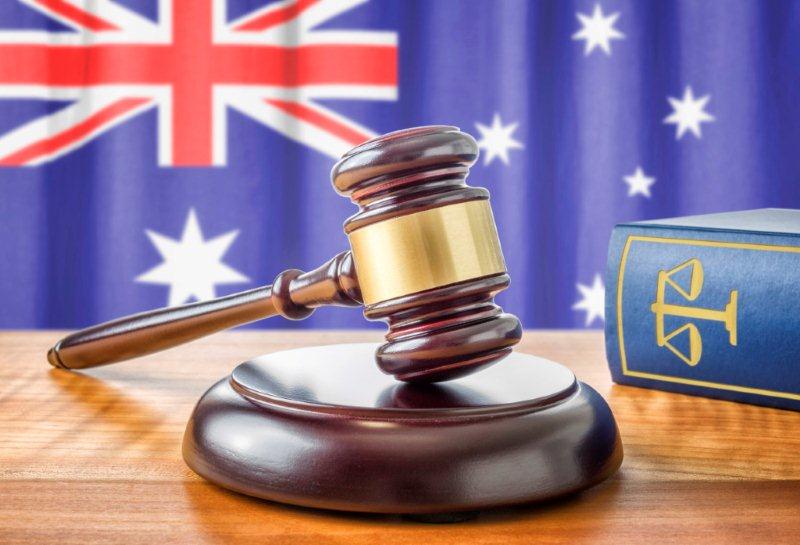Arguing that penalties of $1.7 million imposed on Reckitt Benckiser over its Nurofen Specific Pain products might be viewed as “simply a cost of doing business”, the Australian Competition and Consumer Commission (ACCC) is appealing the Federal Court’s decision.
In December 2015, following admissions by Reckitt Benckiser, the Federal Court found Reckitt Benckiser engaged in misleading or deceptive conduct by making representations on its website and product packaging that Nurofen Specific Pain products were each formulated to specifically treat a particular type of pain.
However, each Nurofen Specific Pain product contained the same active ingredient, ibuprofen lysine 342mg, which treats a wide variety of pain conditions and is no more effective at treating the type of pain described on its packaging than any of the other Nurofen Specific Pain products.
The Nurofen Specific Pain product range consists of Nurofen Back Pain, Nurofen Period Pain, Nurofen Migraine Pain and Nurofen Tension Headache. During the period from 2011 to 2015, the Nurofen Specific Pain products were sold across thousands of retail and pharmacy stores nationwide.
Price sampling conducted by the ACCC before the proceedings commenced indicated that the Nurofen Specific Pain products were being sold at retail prices almost double that of Nurofen’s standard ibuprofen products and the general pain relief products of its competitors.
During the proceedings, the ACCC had submitted to the court that, in order to send a strong deterrence message, taking into account the longstanding and widespread nature of the conduct, and the substantial sales and profit that was made by selling the product, a penalty of at least $6 million was appropriate. In April, the Federal Court ordered Reckitt Benckiser to pay penalties totalling $1.7 million.
The court found that although consumers may have suffered financial loss due to price premiums, the Nurofen Specific Pain products were still effective in treating the pain that they represented and although Reckitt Benckiser’s conduct was designed for profit, the profit made from the contravening conduct was unquantifiable.
“The ACCC will submit to the Full Court of the Federal Court that $1.7 million in penalties imposed on a company the size of Reckitt Benckiser does not act as an adequate deterrent and might be viewed as simply a cost of doing business,” ACCC chairman, Rod Sims, said.
“This is particularly the case when the judge found that Reckitt Benckiser had made many millions in profits from sales of 5.9 million units of these products at around 8,500 outlets during the relevant period.”
Nurofen has acknowledged the ACCC has lodged an appeal in relation to the penalty decision of the Federal Court.
“Nurofen is carefully considering the appeal with its legal advisers,” a spokesperson for the company said.

